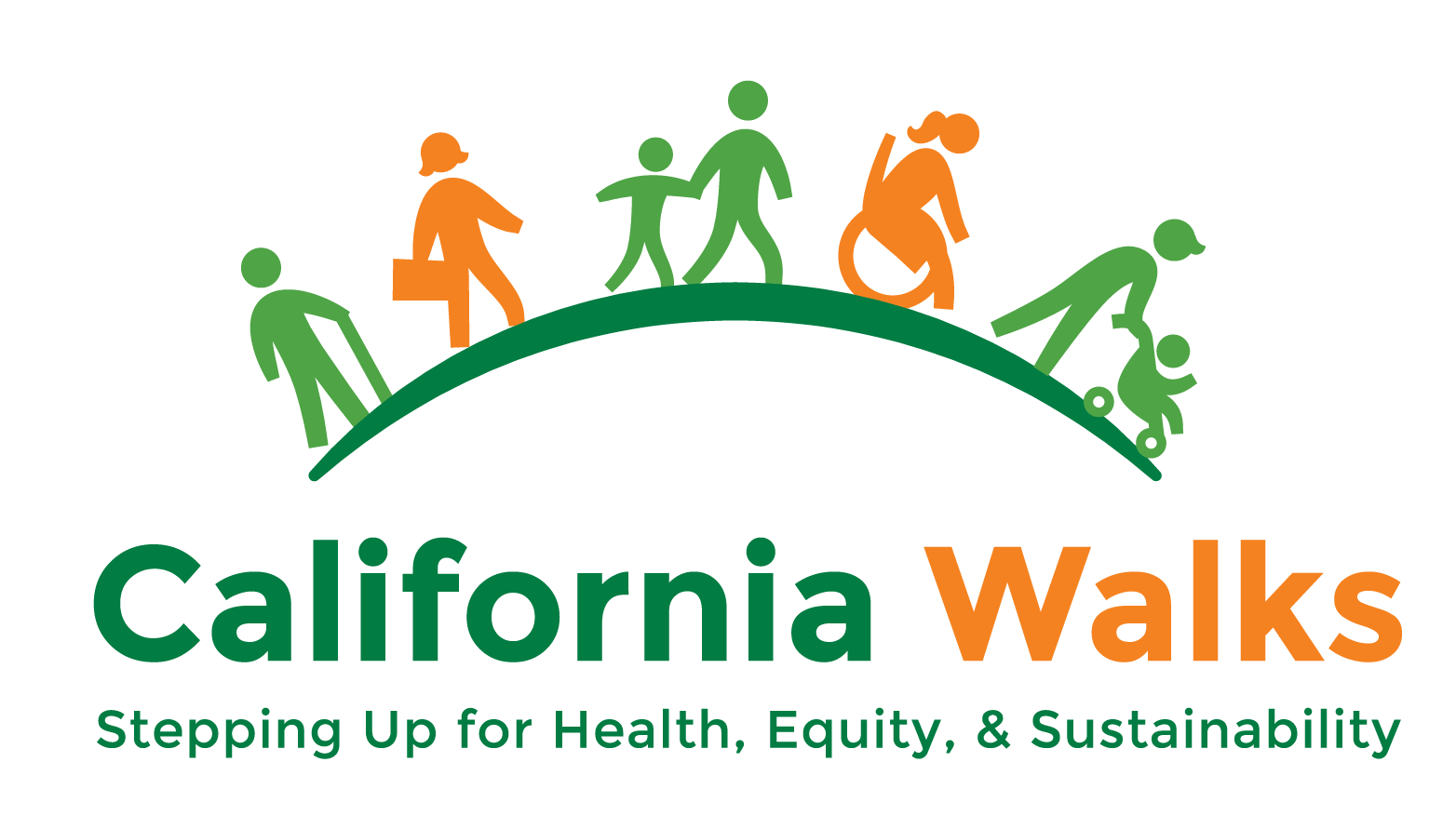State policy update: Active transportation bills make their way through committees
We are more than halfway through the legislative session, and the Cal Walks team has been hard at work tracking and advancing our network’s highest priority bills. A number of bills are moving quickly in the Capitol that affect pedestrian safety and active transportation, so be sure to check our legislative tracker often for the most up-to-date information on the bills and our positions.
Here’s the quick rundown to get you situated on this session’s active transportation bills:
Genoveva Islas, Executive Director of Cultiva La Salud provides testimony in support of SB 127. Ms. Islas shared her experience growing up, living, and working in the Central Valley.
SB 127 (Wiener): Complete Streets
Cal Walks is co-sponsoring and championing SB 127 to address the lack of accountability and transparency within Caltrans to meet their Complete Streets policies and improve the safety of all road users in their State Highway Operation and Protection Program (SHOPP). Funded at over $4 billion annually, the SHOPP presents an enormous investment of state resources that can and should provide for the safety and mobility of people who walk, bike, or take transit on state routes. SB 127 will require Caltrans to include complete streets elements in all SHOPP projects that fall within a working definition of the state routes that function as local roads. Caltrans will be required to engage local stakeholders—including local governments and community-based organizations—as a SHOPP project is scoped. The bill passed the Senate Transportation Committee last week with a vote of 9-3. Amendments and discussions went down to the wire and ended shortly before the Senator presented the bill. Senator Wiener accepted multiple amendments, but the intent and impact of the bill remain intact.
>> SB 127 (Wiener) Complete Streets will next be heard in Senate Appropriations Committee.
SB 152 (Beall): Active Transportation Funding
SB 152 dramatically restructures the Active Transportation Program (ATP)—shifting the bulk of the Program’s funding to regional Metropolitan Planning Organizations (MPOs) without the current ATP’s oversight and public participation protections. While the bill claims its changes would streamline funding, our analysis of the bill’s provisions indicate it will do little to cut down the timeline for reimbursement from the State to local agencies. Additionally, Cal Walks and our partners believe the bill as-drafted gives MPOs too much flexibility with the project selection without due regard for the ATP’s equity goals. Lastly, there is limited information on implementation and rollout for this drastic change in funding, and the current bill language fails to meet federal requirements for funds required within the statewide competition. Cal Walks is currently in an oppose unless amended position on this bill and is actively working with the author and sponsor to minimize impacts to already awarded projects and to identify pathways forward.
>> SB 152 (Beall) Active Transportation Funding will next be heard in Senate Appropriations Committee on Tuesday, April 30, 2019.
AB 1112 (Friedman): Motorized Scooters
This bill addresses liability insurance requirements many cities are imposing on scooter companies; however, this bill is a clear overreach, limiting how much localities can effectively regulate these private businesses. AB 1112 limits the fees and fines local jurisdictions can impose; limits control on where scooter companies can drop/place scooters; and fails to address concerns for privacy and data sharing with third-party companies. Cal Walks is currently in oppose unless amended position. While we agree with the intent of providing guidance and rules for scooter companies, as-written, AB 1112 is extremely prescriptive and gives limited power to local jurisdictions. It limits local communities from regulating for-profit private businesses that use publicly funded streets and infrastructure as the foundation of their business model.
>> AB 1112 (Friedman) Motorized Scooters passed the Assembly Transportation Committee with limited opposition. The bill will next be heard in Assembly Privacy and Consumer Protection Committee on April 30, 2019.
For this and more information on state policy, contact Esther Rivera at esther@californiawalks.org.

